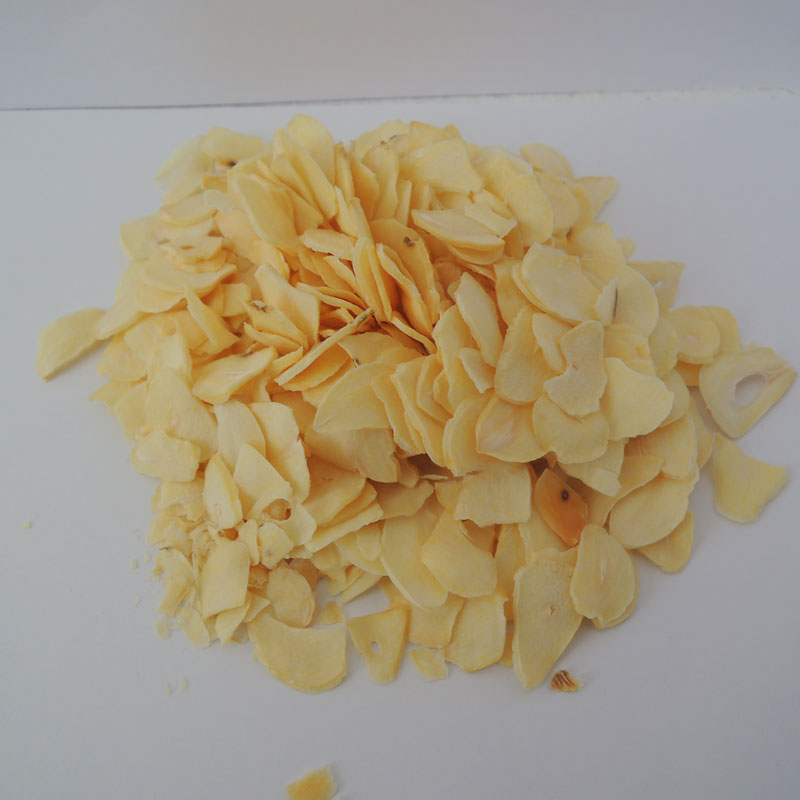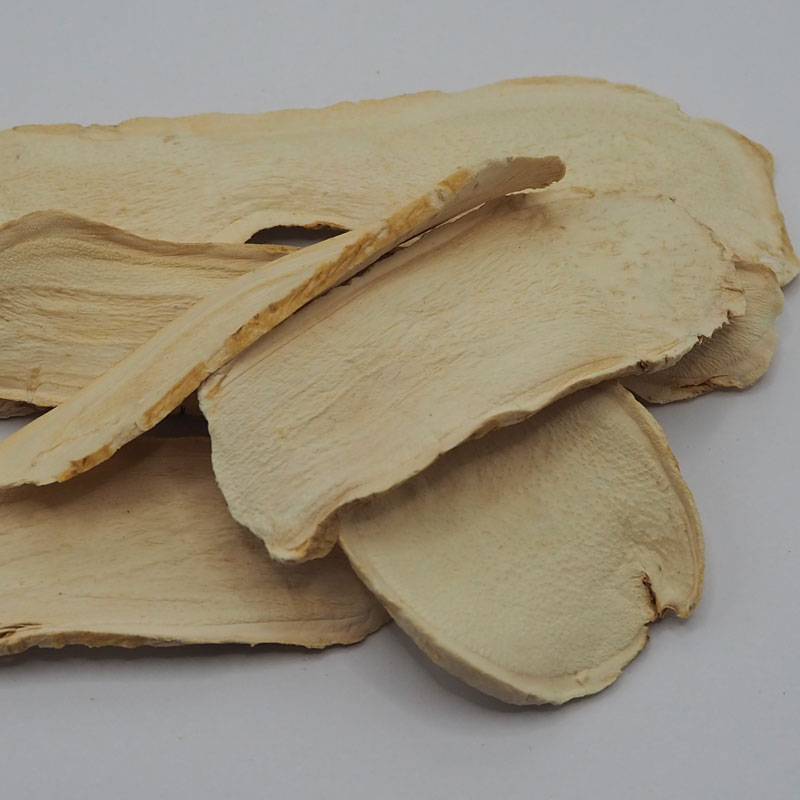Don’t shortchange your diet of healthy fats. Vovchyn Taras/iStockPhoto / Getty Images
Many people seek out healthier versions of their usual staples and snacks in an effort to improve their diet. That’s commendable. Minced Onion Powder

Yet labels boasting “low-fat,” “calorie-reduced,” “made with real fruit” or “all-natural,” for example, don’t necessarily mean a food product is nutritionally superior.
In some cases, making the “healthier” choice may lead you to unwittingly sacrifice nutrients – and consume unwanted ingredients.
Think twice before you add the following foods to your grocery cart – they’re not as nutrient-worthy as they sound.
If you’re looking for a salty snack that’s healthy, Sensible Portions Garden Veggie Straws might tempt you. The company states these colourful sticks are a “smart and wholesome way” to satisfy your craving.
Don’t let the word “veggie” fool you. You’ll be hard pressed to find one whole vegetable on the ingredient list.
The “straws” are made from potato starch, potato flour, corn starch, calcium chloride, cane sugar, salt, potassium chloride, spinach powder, tomato paste, beetroot powder and turmeric. Then they’re fried in vegetable oil and seasoned.
It’s the seasoning – a list of 28 ingredients – where you’ll find a dash of vegetables. Dehydrated red bell pepper, dehydrated carrot and dehydrated green bell pepper are listed as the 21st, 22nd and 23rd ingredients. (Ingredients are listed by weight from most to least.)
Look for veggie chips made from whole vegetables – potatoes, sweet potatoes, beets, plantain, parsnips. Your snack will provide considerably more fibre, vitamin C, potassium and beta-carotene.
If you want to cut fat at breakfast, especially saturated fat, turkey-style or chicken-style bacon is a better choice than regular pork side bacon. But not by much.
That’s because nutrition labels disclose nutrient numbers for raw, not cooked, bacon.
Two slices of uncooked turkey bacon have 72 calories, four grams of fat and two grams of saturated fat while two slices of uncooked pork bacon have 200 to 220 calories, 20 grams of fat and seven of saturated fat.
Cooking bacon renders off fat (and calories), especially so for fatty pork bacon.
Two slices of cooked pork side bacon end up with 86 calories, six grams of fat and two grams of saturated fat. Not a sizable difference from two slices of cooked turkey bacon: 60 calories, four grams of fat and one gram of saturated fat.
Still, whether made from turkey, chicken or pork, bacon is a processed meat to eat sparingly. A high intake of processed meat is tied to a greater risk of colorectal cancer and heart disease.
For peanut butter, the food label term “light” means 25 per cent less fat than the regular product. (For other products “light” may mean 25 per cent fewer calories.)
Sounds like a big fat savings, but not so in this case. One tablespoon of regular peanut butter has eight grams of fat whereas a tablespoon of light peanut butter has six. And per tablespoon, light peanut butter delivers only 10 fewer calories than regular.
Peanut butter is an excellent source of heart-healthy unsaturated fat, most of it monounsaturated fat, the type thought to help improve insulin sensitivity and reduce inflammation.
Stick with full-fat peanut butter. Look for products that contain only peanuts and salt (i.e., no soybean oil, hydrogenated vegetable oil, corn maltodextrin, sugar and other additives).
Even if the label states “made with real fruit,” these sugary snacks are a far cry from eating an orange, peach, apple or any other colourful whole fruit boldly displayed on the package.
By weight, there’s more sugar in these products than other ingredients. You’ll see their sugar-based ingredients grouped together – as cane sugar, various syrups and fruit purees or fruit juice concentrates.
Fruit purees and fruit juice concentrates are derived from whole fruit using a variety of processing steps, which, along the way, degrade fibre and vitamins.
A 23-gram serving of these fruit snacks typically delivers 2.5 to three teaspoons worth of free sugars. Consider these products candy, a treat to be enjoyed occasionally.
Dressing your greens with fat-free dressing can rob your body of their beneficial nutrients and antioxidants. Bone-building vitamin K, beta-carotene and brain-friendly lutein, for example, are fat-soluble, meaning they’re best absorbed when you consume them with fat.
Research from Iowa State University found that people who ate salad with fat-free dressing absorbed almost no beta-carotene and lutein. With reduced-fat dressing, more antioxidants were absorbed. Using a full-fat dressing, however, led to the highest antioxidant absorption.
Many vegetable oils (e.g., sunflower, safflower, grapeseed, olive) are also good sources of vitamin E, an antioxidant that protects brain cell membranes from free radical damage.
Don’t shortchange your diet of healthy fats.
Leslie Beck, a Toronto-based private practice dietitian, is director of food and nutrition at Medcan. Follow her on X @LeslieBeckRD
Authors and topics you follow will be added to your personal news feed in Following.
© Copyright 2024 The Globe and Mail Inc. All rights reserved.

Dehydrated Carrot Powder Andrew Saunders, President and CEO